Libya
One of Libya's dueling authorities unilaterally fired the country's powerful central bank governor in an abrupt move that is likely to inflame tensions in the divided North African country.
The presidential council in the capital of Tripoli, which is allied with the government of Prime Minister Abdul Hamid Dbeibah that controls western Libya, removed Gov. Sadiq al-Kabir, according to a decree issued late Sunday.
In his place, the council appointed Mohamed Abdul Salam al-Shukri, an economist and former deputy governor, as the new governor for the Central Bank of Libya.
Al-Kabir had led the central bank since October 2011 — the year that Libya was plunged into chaos after a NATO-backed uprising toppled longtime dictator Moammar Gadhafi.
During that time, he accumulated significant influence and power but also faced criticism from officials on both side of the country's political divide in allocating Libya's oil money. In recent months, that criticism has turned into calls for his removal.
There was no immediate comment from al-Kabir.
Oil-rich Libya has been split between a U.N.-supported government in the capital, Tripoli, and rival authorities based in the east. Different armed groups and foreign governments have backed each side.
The Central Bank is the repository for billions of dollars annually in oil revenue as well as foreign reserves. In 2014, it splintered along the country’s political fault lines. Its internationally recognized headquarters remain in Tripoli, while an eastern branch allied with military commander Khalifa Hifter was set up in Benghazi.
However, Libya's east-based parliament and the Supreme Council of State, an advisory body based in Tripoli, called al-Kabir's removal illegitimate. The two bodies should also have a say in who is appointed to the position — a decision that shouldn't be up to the presidential council alone.
That's according to interim regulations agreed to under U.N.-backed talks meant to oversee the country's reunification.



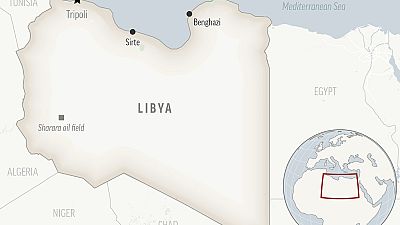

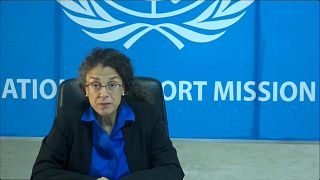
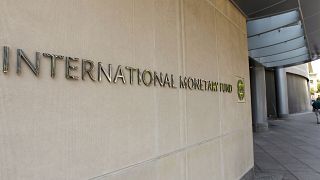
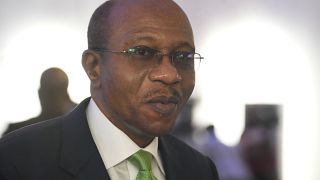
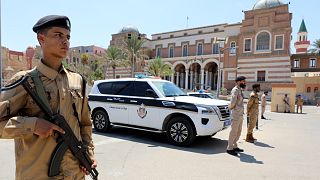

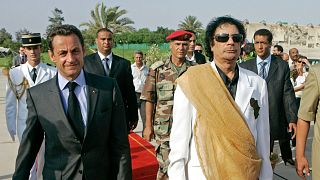
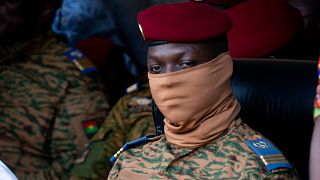
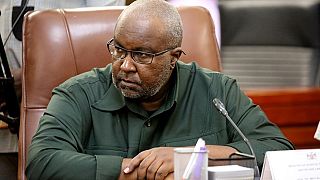

00:47
Ghana: President Mahama suspends Chief Justice Gertrude Torkornoo
Go to video
Police rescue 33 West Africans from a human trafficking scam in Ivory Coast
Go to video
Pope Francis' funeral scheduled Saturday April 26
Go to video
Al-Qaida-linked militants attack a strategic town in Somalia
Go to video
Trump administration threatens Harvard over foreign student visas and protest ties
Go to video
The EU moves to fast-track asylum claims by migrants from 7 countries to speed deportation